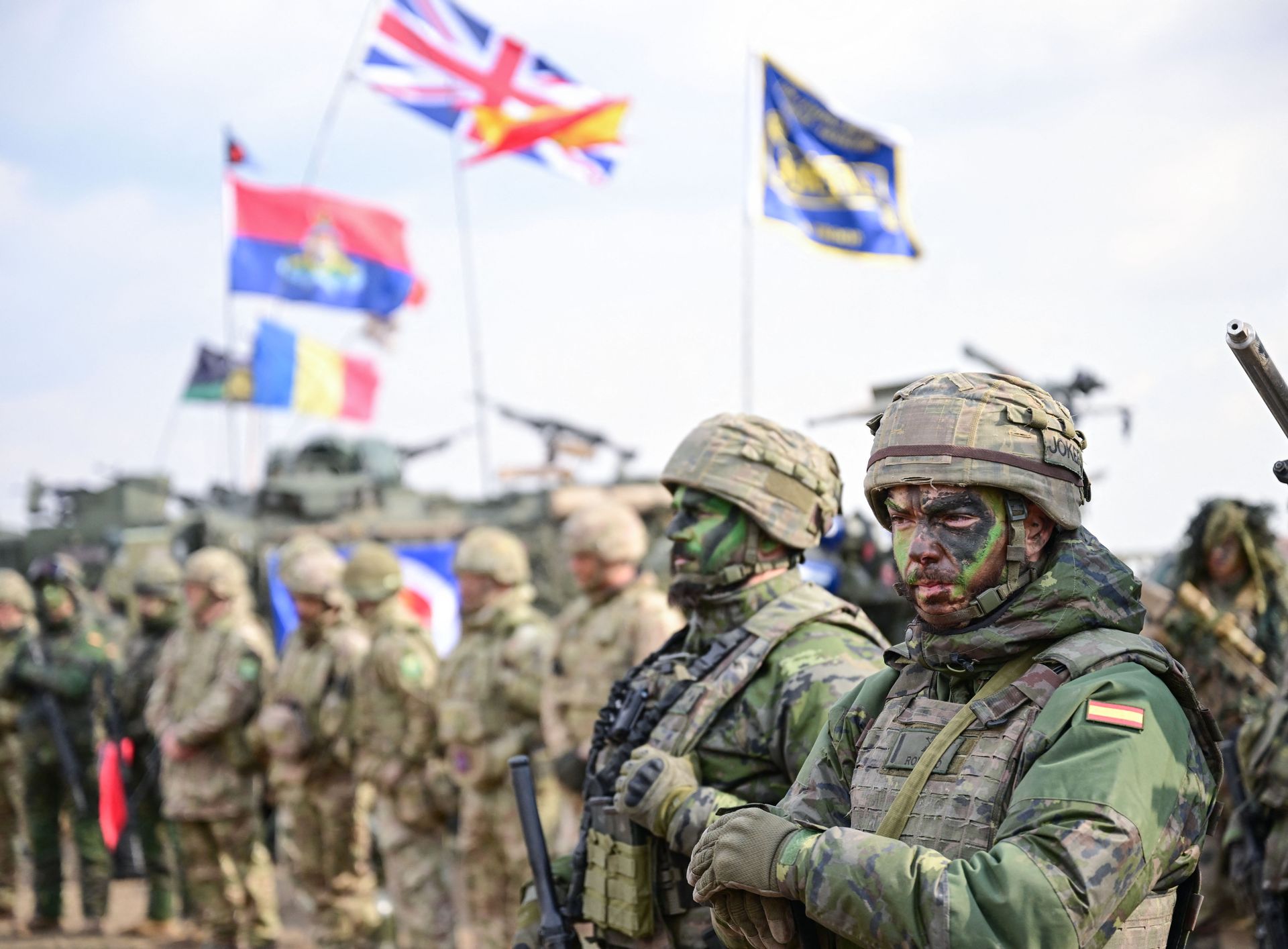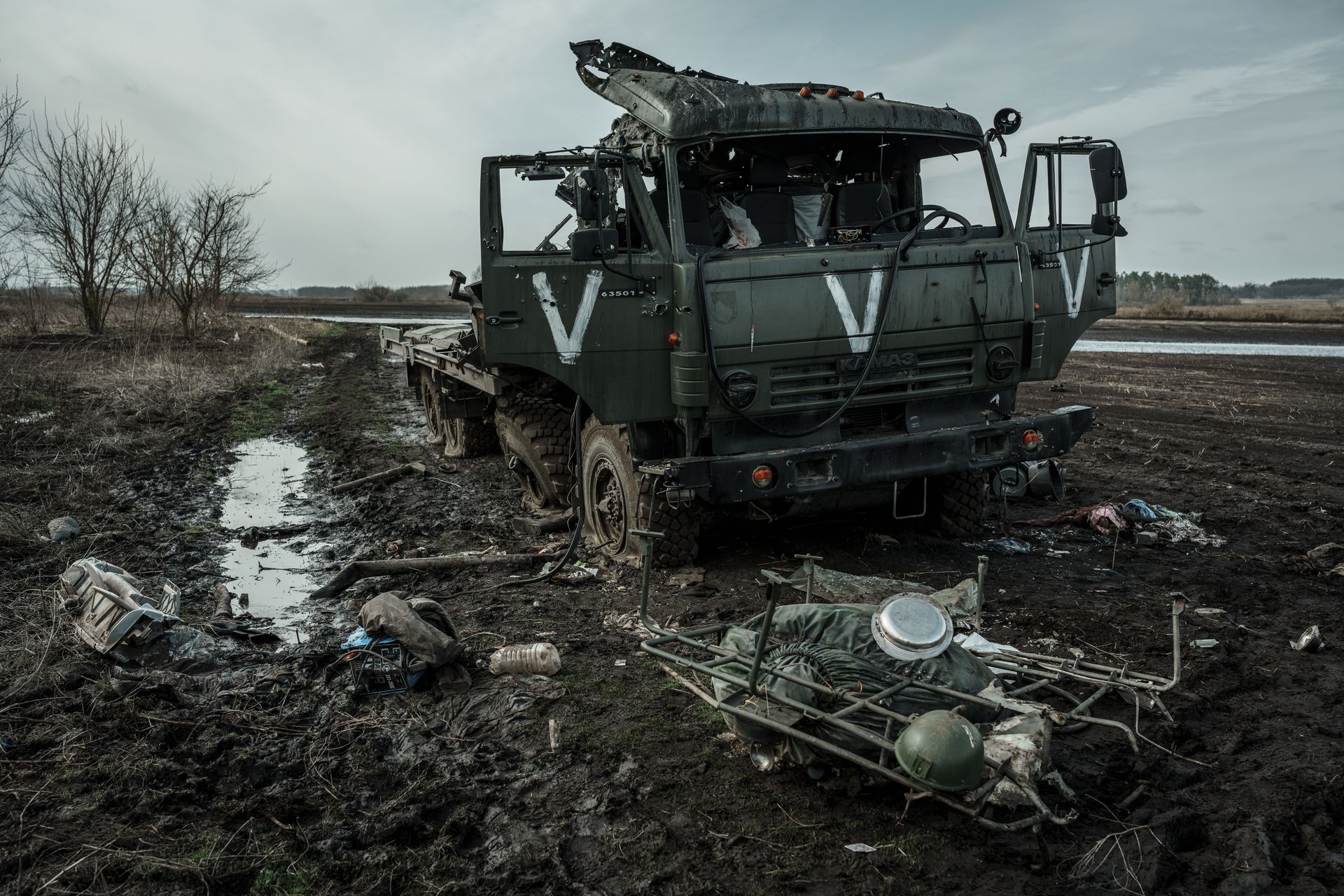Europe 'no longer at peace' with Russia, Germany's Merz says

Europe is "not at war but ... no longer at peace" with Russia, German Chancellor Friedrich Merz said on Sept. 29.
Merz's comments come after weeks of escalating Russian provocations in European territory, including multiple airspace violations and interference in Moldova's election.
"Let me put it in a sentence that may be a little shocking at first glance ... we are not at war, but we are no longer at peace either," Merz said at a media event in Dusseldorf.
Russia is waging "a war against our democracy and a war against our freedom," with the aim of undermining the strength of the European Union.
Only three days earlier, German authorities reported multiple drone sightings in the northern state of Schleswig-Holstein overnight on Sept. 26. It is one of several mysterious drone sightings in recent days, with other suspicious incursions reported in Denmark, Finland, and Lithuania.
Previously, Russian MiG-31 fighter jets entered Estonian airspace over the Gulf of Finland, prompting Tallinn to request NATO consultations under Article 4.
In the most dramatic NATO-Russia confrontation, Poland shot down Russian drones during a mass strike on Ukraine on Sept. 10. Romania reported a similar violation on Sept. 13, scrambling F-16s after detecting a Russian drone.
During his speech on Sept. 29, Merz also reiterated his call for the EU to use frozen Russian assets to provide military support to Ukraine, saying such a move could ensure Kyiv's defensive capabilities for a period of three to five years.
During that time period, Merz said, Russia could potentially lose the economic capacity to continue the full-scale invasion of Ukraine.
Merz on Sept. 25 announced that he favored using frozen Russian assets to provide Ukraine with an interest-free loan worth about $160 billion (140 billion euros). His position is at odds with that of other European leaders, such as French President Emmanuel Macron, who oppose the move due to concerns about international law.
At the start of Russia's full-scale invasion in 2022, the Group of Seven (G7) countries froze approximately $300 billion in Russian central bank assets, with about two-thirds held by the Belgian clearinghouse Euroclear.
Brussels has been reluctant to confiscate assets outright due to potential fiscal and legal pitfalls. Instead, it uses the profits generated by the assets to fund Ukraine's defense and reconstruction via the $50 billion G7 loan and a separate EU program.
Germany's shifting view on the use of frozen assets reflects heightened tensions between Europe and Moscow on the backdrop of airspace provocations, decades of hybrid warfare, and three years of all-out war in Ukraine.
At the U.N. General Assembly on Sept. 28, Russian Foreign Minister Sergey Lavrov told world leaders that Moscow has "no intention" of attacking European countries, while warning that "any aggression against my country will be met with a decisive response."













